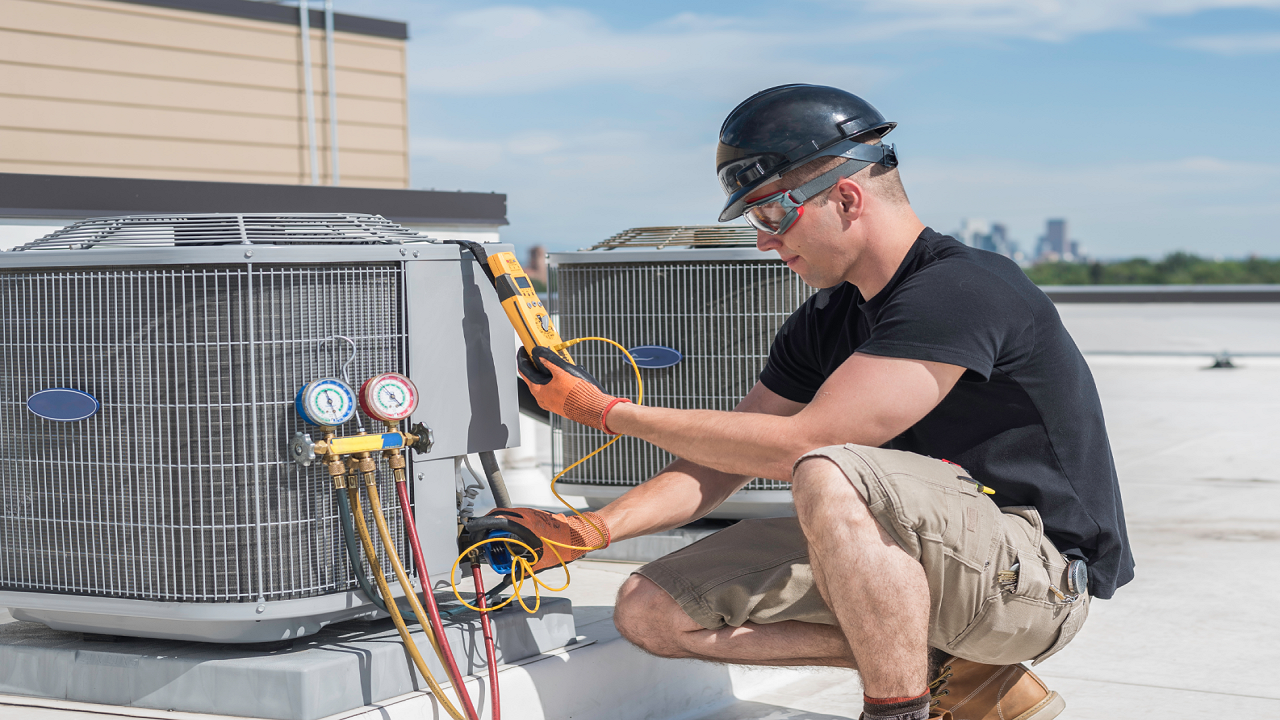Blog Categories
- Appliances Four
- Athletic Seating
- Auto Helpers
- Automated Stock Rooms
- Chocolate Four
- CuraFlo
- Damaged Goods Dating
- Flood Insurance Four
- Game Addict
- Hi Tech Pest Control
- HVAC Four
- Medical Labels Four
- Mental Health Four
- National CWS
- Promotional Ideas
- Seguros Lara Insurance
- Stem Cell Worx
- The Hidden Truth
- The Last Refuge
- The Mozilla Blog
- Video Editing Four
- Web Design Dev
- Website Development Four
- Windows Blog
high velocity air conditioning junk

Hi all, I'm buying a house.
It is a plumb square boring 1200 sq/ft ranch that was owned by an old guy who was a plumber for his whole life.
It threw me for a loop when the house had baseboard radiators fed by a hot water boiler.
I'd seen steam heat in apartments I lived in before, but never in a residential setting.
Got me wondering, I saw a condenser but no ductwork in the basement.
Got to talking to the son & I guess the old man was hardo and only cooled his home with a hole house fan.
When he died, the wife had this high velocity air conditioning put in. It looks like little ducts up in the attic hooked up to a blower. There's a condenser outside the house, so it doesn't look like a mini-split type of device.
My question is, is this junk or is it a normal system that's reliable & still fairly common to see in the trade?
Question from user dmaciw at hvacadvice at reddit.
Based on your description, it seems like the high-velocity air conditioning system installed in the house is known as a high-velocity mini-duct system. This type of system is a legitimate and efficient cooling solution that is still fairly common in the HVAC industry. It utilizes small, flexible ducts with a diameter of about 2 inches or less, which allows for easier installation in older homes with limited space for traditional ductwork.
High-velocity systems work by pushing conditioned air through these small ducts at high speeds, which helps to evenly distribute the cooled air throughout the house. The small vents in the rooms are usually unobtrusive and can be placed strategically to maximize airflow.
While traditional forced-air systems with larger ductwork are more common, high-velocity systems offer some advantages in certain situations. They can be particularly suitable for retrofitting older homes with minimal disruption to existing structures. However, it's worth noting that not all HVAC contractors are familiar with high-velocity systems, so finding a qualified technician who has experience with this type of system may be important for maintenance and repairs.
In terms of reliability, high-velocity air conditioning systems can be just as reliable as other cooling systems if they are properly installed and maintained. As with any HVAC system, regular maintenance and occasional repairs may be necessary to keep it running efficiently.
If you have concerns about the system or its performance, it would be advisable to consult with a professional HVAC technician who can assess its condition and provide guidance on its reliability and any potential issues to look out for.
high velocity air conditioning junk
The post high velocity air conditioning junk appeared first on KDM Gas.
Re Posted From: high velocity air conditioning junk

Hi all, I'm buying a house.
It is a plumb square boring 1200 sq/ft ranch that was owned by an old guy who was a plumber for his whole life.
It threw me for a loop when the house had baseboard radiators fed by a hot water boiler.
I'd seen steam heat in apartments I lived in before, but never in a residential setting.
Got me wondering, I saw a condenser but no ductwork in the basement.
Got to talking to the son & I guess the old man was hardo and only cooled his home with a hole house fan.
When he died, the wife had this high velocity air conditioning put in. It looks like little ducts up in the attic hooked up to a blower. There's a condenser outside the house, so it doesn't look like a mini-split type of device.
My question is, is this junk or is it a normal system that's reliable & still fairly common to see in the trade?
Question from user dmaciw at hvacadvice at reddit.
Based on your description, it seems like the high-velocity air conditioning system installed in the house is known as a high-velocity mini-duct system. This type of system is a legitimate and efficient cooling solution that is still fairly common in the HVAC industry. It utilizes small, flexible ducts with a diameter of about 2 inches or less, which allows for easier installation in older homes with limited space for traditional ductwork.
High-velocity systems work by pushing conditioned air through these small ducts at high speeds, which helps to evenly distribute the cooled air throughout the house. The small vents in the rooms are usually unobtrusive and can be placed strategically to maximize airflow.
While traditional forced-air systems with larger ductwork are more common, high-velocity systems offer some advantages in certain situations. They can be particularly suitable for retrofitting older homes with minimal disruption to existing structures. However, it's worth noting that not all HVAC contractors are familiar with high-velocity systems, so finding a qualified technician who has experience with this type of system may be important for maintenance and repairs.
In terms of reliability, high-velocity air conditioning systems can be just as reliable as other cooling systems if they are properly installed and maintained. As with any HVAC system, regular maintenance and occasional repairs may be necessary to keep it running efficiently.
If you have concerns about the system or its performance, it would be advisable to consult with a professional HVAC technician who can assess its condition and provide guidance on its reliability and any potential issues to look out for.
high velocity air conditioning junk
The post high velocity air conditioning junk appeared first on KDM Gas.
Re Posted From: high velocity air conditioning junk

